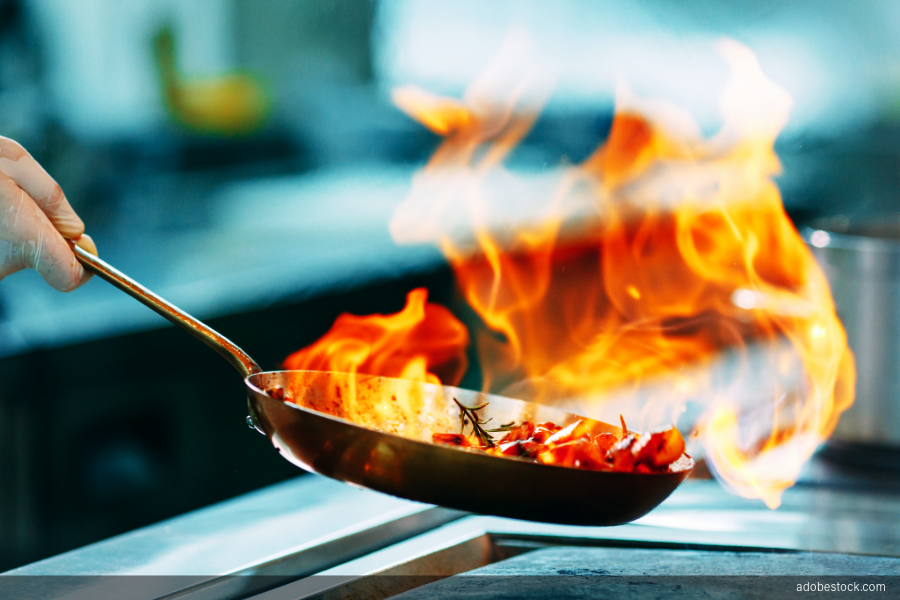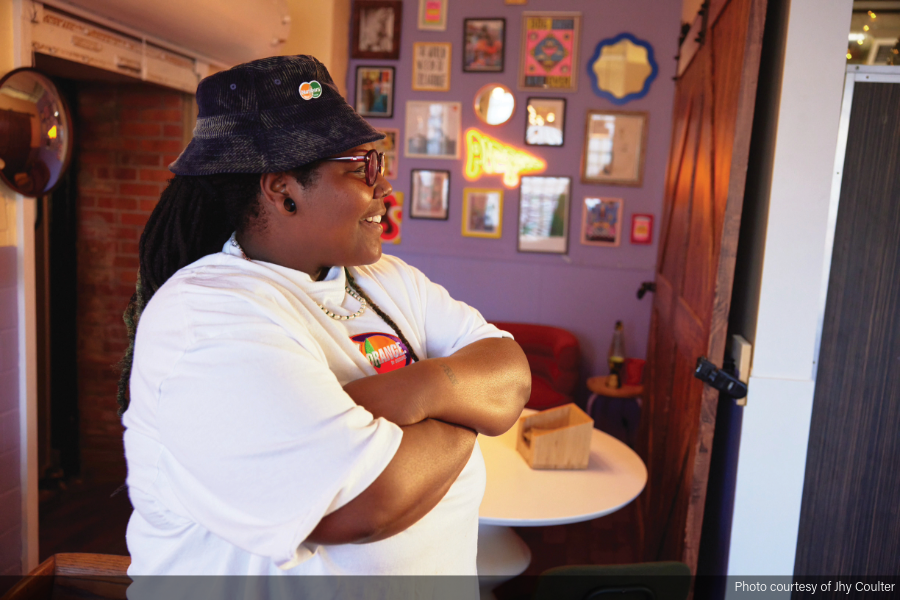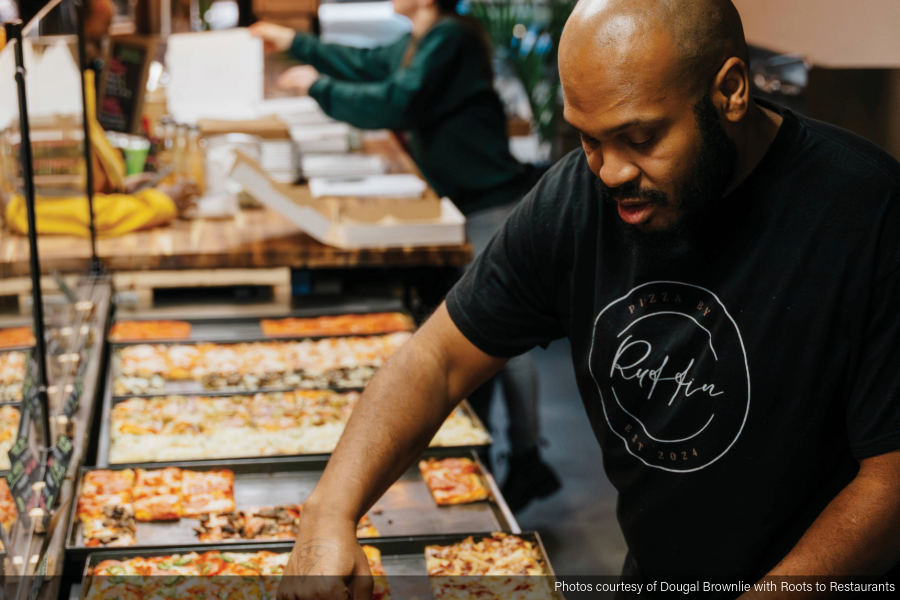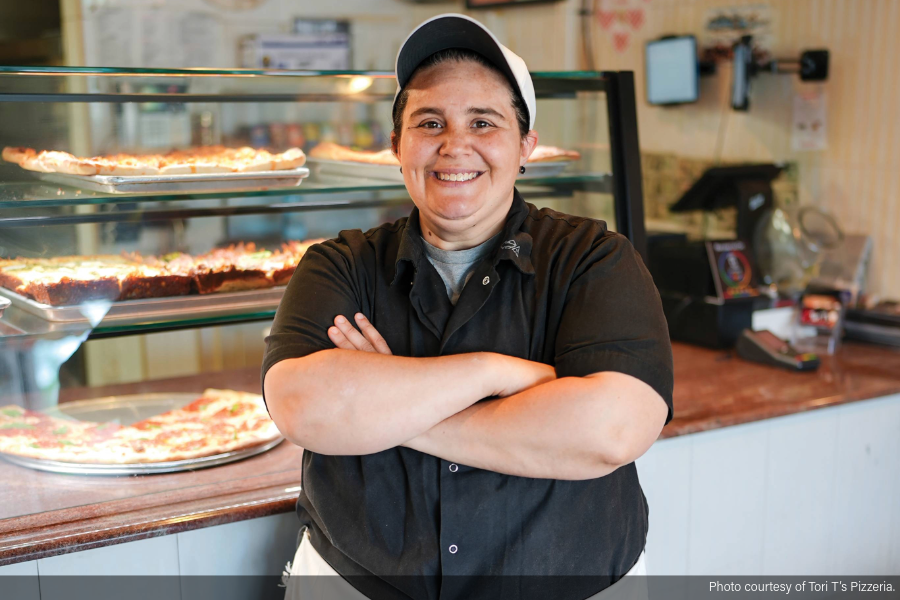Weather-related disasters are becoming more frequent and more expensive. Hurricanes, earthquakes, tornadoes and fires can cause huge economic losses, and businesses that are unprepared might struggle to stay open or reopen after the damage is cleaned up. But pizzeria owners can take steps to ensure their businesses withstand the physical and financial aftermath of a disaster and recover more quickly.
According to the National Centers for Environmental Information, the U.S. experienced 28 separate weather and climate disasters in 2023 that each resulted in at least $1 billion in damages, surpassing the previous record of 22 billion-dollar disasters in 2020. The 2023 disasters included the wildfire on Hawaii’s island of Maui, a winter storm in the Northeast, drought in the central and southern U.S. as well as floods, tornadoes and hail events throughout the U.S.
In addition to the billion-dollar events that garner media attention, communities often withstand smaller disasters that still cause considerable damage. It might be hard to predict if a storm will destroy a roof or a nearby fire will spread, but pizzeria owners can control some details, such as how much insurance they have and how to communicate with employees during a crisis.
Check Insurance Coverage
The National Restaurant Association’s free online guide, “Always Ready: Natural Disasters,” is designed to help restaurants prepare for hurricanes, wildfires, tornadoes and other natural disasters. Among the tips: evaluate insurance needs and choose the appropriate coverage. Make sure you have not just basic property damage coverage but also business-interruption insurance that could replace income lost due to the business being temporarily closed.
“Just because you have an insurance policy doesn’t mean you’re covered,” says Scott W. Johnson, managing director and founder of Marindependent Insurance Services in Mill Valley, California. “It is really helpful for the pizza shop owner to have a conversation with their agent about major disasters that possibly could occur in their area.”
There are some coverages that business owners might not realize they are missing. According to the Insurance Information Institute, an insurer might not cover wind damage during a hurricane. Commercial property insurance does not cover earthquakes, which are covered with a separate business earthquake policy. Make sure your policy spells out specifics, such as ensuring key employees continue to get paid while you rebuild and whether the policy covers rent while your landlord rebuilds.
Pizzeria owners need to mention any updates, such as adding a patio or rooftop bar, to their insurer. “People buy buildings and forget to tell their agent,” Johnson says. “You have to sit down and reevaluate your coverage.”
Johnson recommends having insurance paperwork and other important information stored digitally, not just on a single computer. Files should be encrypted and backed up on the cloud so that managers can access payroll and accounting information, even if they are physically unable to get into the restaurant. “The files should be co-located,” Johnson says. “Several times, I’ve had people call me and say, ‘Can you send me my forms? We are evacuating.’”
Before any disaster, take videos and photos of the pizzeria’s interior and exterior so there is photographic evidence of the grounds and the property that is covered by insurance. It’s easier to walk around with a smartphone than to write a list, Johnson says, and it will prevent the owner from forgetting details such as how many lamps are in the dining room.
Crisis-Management Plan
Have a business-continuity plan in place that includes everything from where the flashlights are stored to how and when managers should alert employees. “Have all that stuff done before it happens,” says Jay Bandy, president of Goliath Consulting Group in Atlanta. “If you are in an area where power goes out, what do you do when it goes out?”
Part of pre-planning is knowing the facility, Bandy says. Restaurant owners often don’t know where the water or gas shut-off valves are located, so figure that out before a storm. Unplug equipment before evacuating to prevent power surges from damaging computers and televisions.
Employees need to be updated, so have employee phone numbers, scheduling software and other info. accessible remotely. Whether it’s a phone tree, group text or messaging through the employee-scheduling software, make sure workers know whether and when to come in – and update them with information for their safety. “For something even as simple as icy roads, or a tree branch falls and the power goes out, you want to call your staff before they come in,” Bandy says.
In addition to having employees’ contact information, make sure other phone numbers are accessible, too. Add your insurance agent in your phone contacts and maintain a list of vendors such as waste haulers, cleanup services and repair or maintenance companies. Build relationships with these businesses instead of scrambling for names after disaster hits.
If you invest in a gas-powered generator to keep the refrigerator or other appliances running, remember the generator must be used outdoors. Keep phones charged through portable chargers and car chargers, and have an old-school battery-powered radio in case electricity and internet both go down.
In a recent NEXT Insurance Survey of 1,000 restaurant owners, nearly half (48 percent) reported experiencing weather-related damage to their small businesses between November 2023 and the first week of February 2024. Fewer than half (42 percent) said they felt very prepared for severe weather such as snow damage, water damage, fallen trees, flooding and more, compared to 34 percent that did not feel prepared and 24 percent that felt somewhat prepared.
There is much information available online about what to do before a disaster strikes. “The National Restaurant Association, the local restaurant associations, the power company, the gas company – everyone has the pamphlet (about) what you need to do,” Bandy says. “Planning is difficult, but you’ve got to carve out time to plan.”
NORA CALEY is a freelance writer who covers small business, finance and lifestyle topics.







